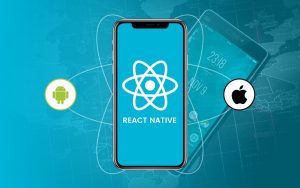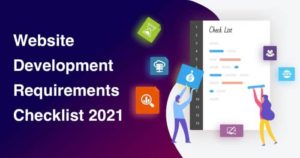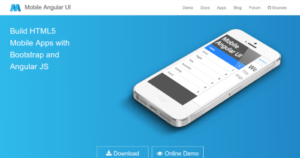
Mar 25 2021
85% of smartphone users around the world prefer to use mobile applications for e-commerce rather than using a website. E-commerce mobile applicat...
View Blog
Feb 15 2021
We are still at an early stage of the smartphone revolution where everything has just begun to happen. There are still many changes, ups, and dow...
View Blog
Mar 8 2019
If you own or run a restaurant and are looking for ways to grow your brand, reputation and revenue then mobile app development should be something you...
View Blog
Feb 28 2019
Beauty and wellness services are getting big volume in terms of revenues and number of customers in the USA and across the globe. To manage the custom...
View Blog
Feb 26 2019
Mobiles are in-thing, and everyone loves to use mobile apps. An integrated mobile app with a digital system of a hospital proves a big blessing, and t...
View Blog
Nov 13 2018
As a start-up, a successful app is a great way to make a name for yourself quickly. But it is not quite as easy as all that. There are a number of obs...
View Blog
Oct 24 2018
Mobile app development community is more inclined to React Native framework compared to other JS framework today. It spurts a question in mind that wh...
View Blog
Nov 1 2017
You will find plenty of business ideas if keen to start your own. If you are creative and have talents, ideas, opportunities are waiting for you. And ...
View Blog
Feb 17 2017
The sales explosion of smartphones in the recent years has made them cheap and affordable. The number of persons using the Internet has been increasin...
View Blog
Nov 21 2016
According to Forrester research, by end of 2017 U.S mobile users will spend $90 billion via mobile payments. That is a 48% increase over the $12.8 bil...
View Blog














